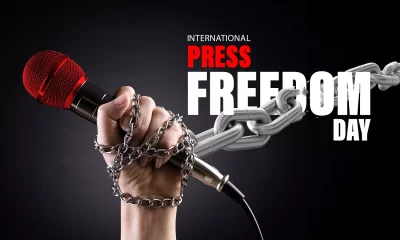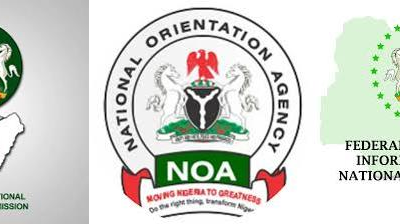The number of companies approved to provide digital loans to Nigerians has surged to 380 in February, up from 320 in October last year.
These digital lenders have secured either approval from the Federal Competition and Consumer Protection Commission (FCCPC) or a license from the Central Bank of Nigeria (CBN) to operate in the country’s digital lending space.
A review of the FCCPC database reveals that 322 of these digital lenders have been granted full approval, while 42 others are operating with conditional approval.
Additionally, 16 companies have been licensed by the CBN, bringing the total number of approved digital lenders to 380.
Despite the growth in the number of digital lenders, concerns have been raised over their operational methods. Many consumers have reported issues such as excessively high interest rates, forced loans, and automatic increases in loan amounts beyond what was originally requested.
Some borrowers claim that loan app companies impose debts on them without prior request, further increasing their financial burdens. Complaints have also surfaced about licensed loan apps deploying harassment and threats—tactics commonly associated with illegal loan sharks—to recover outstanding debts.
READ ALSO: Why Many Nigerians prefer loan apps over conventional bank loans
One borrower, Ijeoma, shared her experience with a popular digital lender, stating that she had attempted to take a N100,000 loan but was instead credited with N1 million. Upon contacting customer care, she was informed that she had to repay N1.118 million within three days, including an unexpected interest charge of N118,000.
Similarly, Tola recounted receiving an unsolicited loan of N100,000 with a repayment requirement of N130,000. He stated that despite multiple efforts to return the loan, he was forced to repay the full amount over time before deleting the app.
Reports indicate that some loan app companies enforce aggressive lending targets on their employees, compelling them to push out unsolicited loans.
Workers from a major digital lender disclosed that they are mandated to ensure loans are disbursed to as many people as possible daily, with conversion targets ranging from 20 to 35 loans per agent.
To meet these targets, agents are provided with 270 phone numbers of potential borrowers each day. They must connect with at least 90 people and successfully disburse loans to a minimum of 20 borrowers.
Such practices contribute to the growing number of complaints about unsolicited loans and unethical lending methods.
While the FCCPC serves as the primary regulator for digital lending, stakeholders argue that it must go beyond registration and approval processes to actively monitor and enforce compliance.
Financial analyst Gbolagunte Ajayi emphasized the need for stricter oversight, stating that many licensed loan apps are engaging in the same unethical practices as unregistered loan sharks.
READ ALSO: FCCPC to tackle Nigerians’ rising indebtedness to digital loan apps
In response, the FCCPC has intensified regulatory activities, leading to the delisting of 47 loan apps from the Google Play store and placing 88 more under its watchlist.
According to Dr. Adamu Abdulahi, Executive Commissioner of Operations at the FCCPC, the commission’s main objective is to identify and hold digital lenders accountable for any infractions under its Interim Regulation framework.
Abdulahi noted that prior to regulation, it was difficult to trace the companies behind the loan apps.
He added that while addressing consumer grievances, the FCCPC is also working to strike a balance between allowing the continued operations of digital lenders and ensuring fair loan recovery practices.
Despite ongoing regulatory challenges, digital lenders continue to play a vital role in the Nigerian economy by providing financial access to individuals and businesses.

 Comments and Issues7 days ago
Comments and Issues7 days ago
 Education1 week ago
Education1 week ago
 Comments and Issues1 week ago
Comments and Issues1 week ago
 Energy1 week ago
Energy1 week ago
 Comments and Issues7 days ago
Comments and Issues7 days ago
 Comments and Issues6 days ago
Comments and Issues6 days ago
 Football1 week ago
Football1 week ago
 Health5 days ago
Health5 days ago

